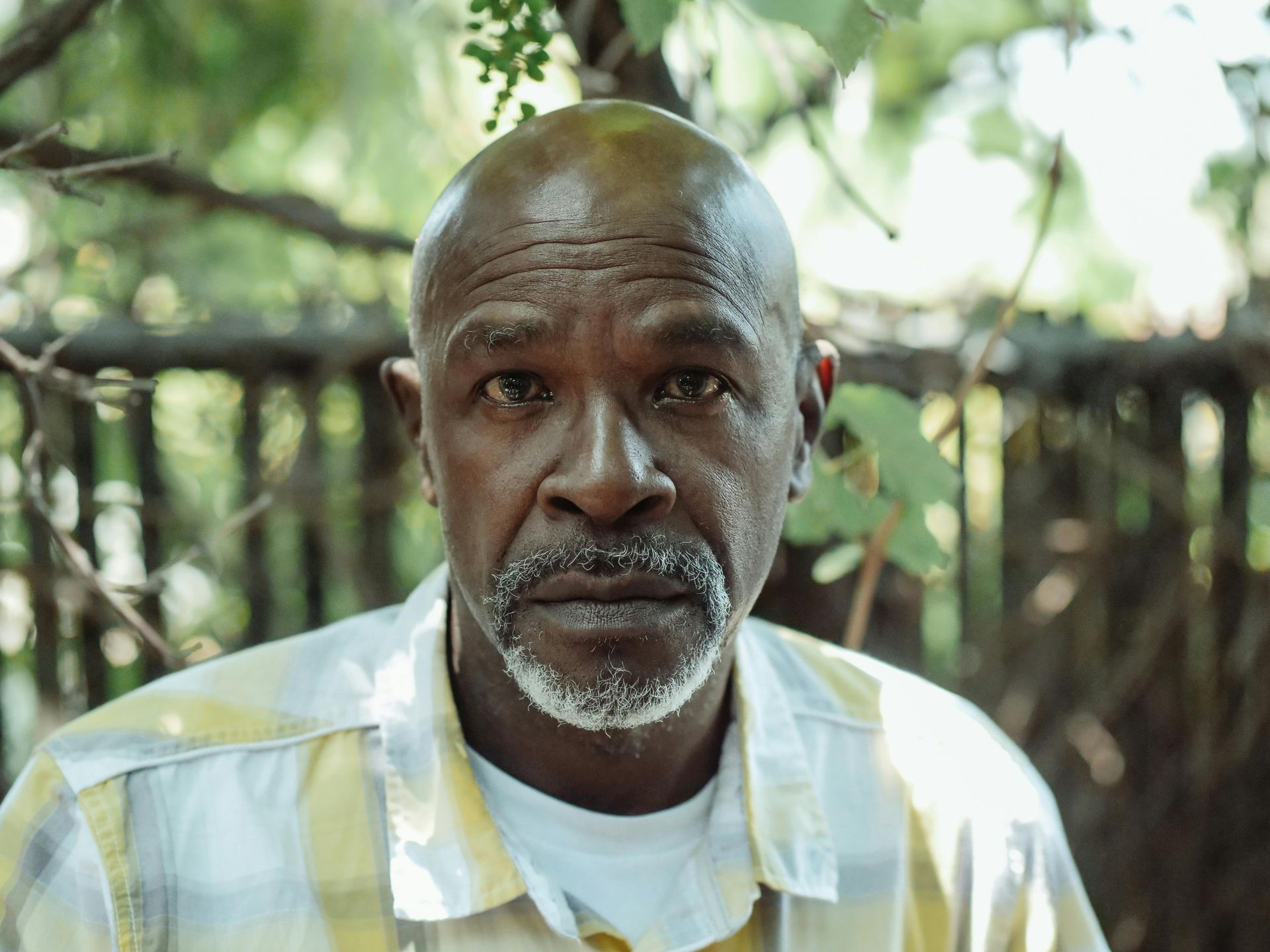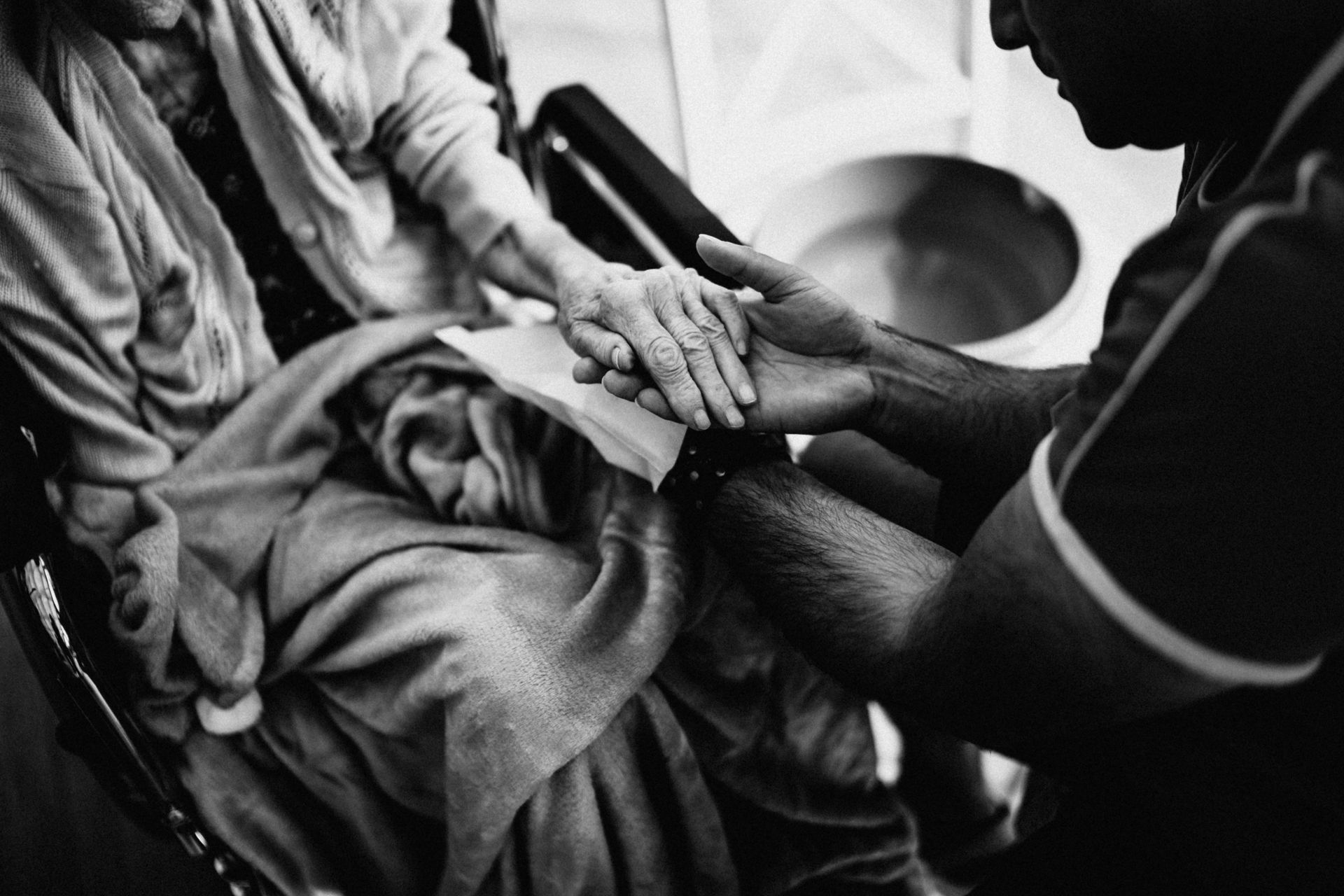Unraveling the Impact of Fraud: Protecting Individuals and Organizations in Georgia
Fraud is a devastating crime that can wreak havoc on the lives of individuals and the stability of organizations. In Georgia, countless individuals and businesses have fallen victim to fraudulent schemes, causing immense financial, emotional, and reputational damage. In this blog post, we will explore how fraud impacts individuals and organizations in Georgia, shed light on the legal consequences, and provide guidance on seeking justice and protection. If you or someone you know has been affected by fraud, don't hesitate to reach out to the Law Office of Daniel R. Crumby for expert guidance and support.
Understanding the Impact
Fraud can leave a lasting impact on both individuals and organizations, affecting their financial well-being and overall stability. Let's delve into some common ways fraud impacts these parties:
Individuals
Fraud can strip individuals of their hard-earned savings, retirement funds, and even their homes. Victims may experience severe financial strain, struggle to pay bills, or face bankruptcy. Beyond the financial consequences, the emotional toll of being deceived can be overwhelming, leading to feelings of betrayal, stress, and loss of trust.
Organizations
Fraud can cripple businesses of all sizes, threatening their survival and tarnishing their reputation. From employee embezzlement to vendor fraud or cyberattacks, organizations face significant financial losses, damaged relationships with stakeholders, and a loss of public trust. The aftermath of fraud often involves costly legal battles, regulatory investigations, and the need for reputational repair.
Legal Consequences
Perpetrators of fraud in Georgia can face serious legal consequences. The state has robust laws and enforcement mechanisms to combat fraud and protect victims. Some potential legal consequences include:
Criminal Charges
Fraudulent acts can result in criminal charges, leading to significant penalties such as fines, restitution, and imprisonment. Georgia law recognizes various fraud-related offenses, including identity theft, securities fraud, insurance fraud, and more.
Civil Actions
Victims of fraud have the option to pursue civil actions to recover their losses and seek compensation. Through civil lawsuits, individuals and organizations can hold the perpetrators accountable and seek restitution for the damages suffered.
Regulatory and Administrative Actions
Fraudulent activities often attract the attention of regulatory and administrative bodies. State and federal agencies may launch investigations, impose fines, or revoke licenses or permits of individuals or organizations involved in fraudulent practices.
Seeking Justice and Protection
If you find yourself a victim of fraud, it is crucial to seek legal guidance to protect your rights and navigate the complex legal landscape. The Law Office of Daniel R. Crumby is here to help. With extensive experience in fraud cases, their empathetic and professional team will provide the support and expertise needed to seek justice and recover losses.
Call to Action
If you or someone you know has been impacted by fraud, don't wait. Contact the Law Office of Daniel R. Crumby at 404-439-9229 today for a confidential consultation and let us help you fight for justice and protect your future.
Fraud poses a significant threat to individuals and organizations in Georgia, causing financial devastation and emotional turmoil. Understanding the impact and legal consequences of fraud is crucial for seeking justice and safeguarding against future fraudulent activities. Remember, the Law Office of Daniel R. Crumby is here to guide you through these challenging times and advocate for your rights. Don't hesitate to reach out and take the first step towards reclaiming what is rightfully yours.
Disclaimer: This blog post is for informational purposes only and should not be construed as legal advice. Consult with an attorney for professional advice tailored to your specific










News and Publications



Send us a Message
We will get back to you as soon as possible
Please try again later
Navigation
Contact
404-439-9229
.
West Wieuca Road NE, Unit #4056
Atlanta, GA 30342
The Law Office of Daniel R. Crumby, LLC is located in Atlanta, GA and serves clients in and around Roswell, Decatur, Scottdale, Clarkston, Avondale Estates, Tucker, Smyrna, Dekalb County and Fulton County.
Attorney Advertising. This website is designed for general information only. The information presented at this site should not be construed to be formal legal advice nor the formation of a lawyer/client relationship. See our profile at Lawyers.com



